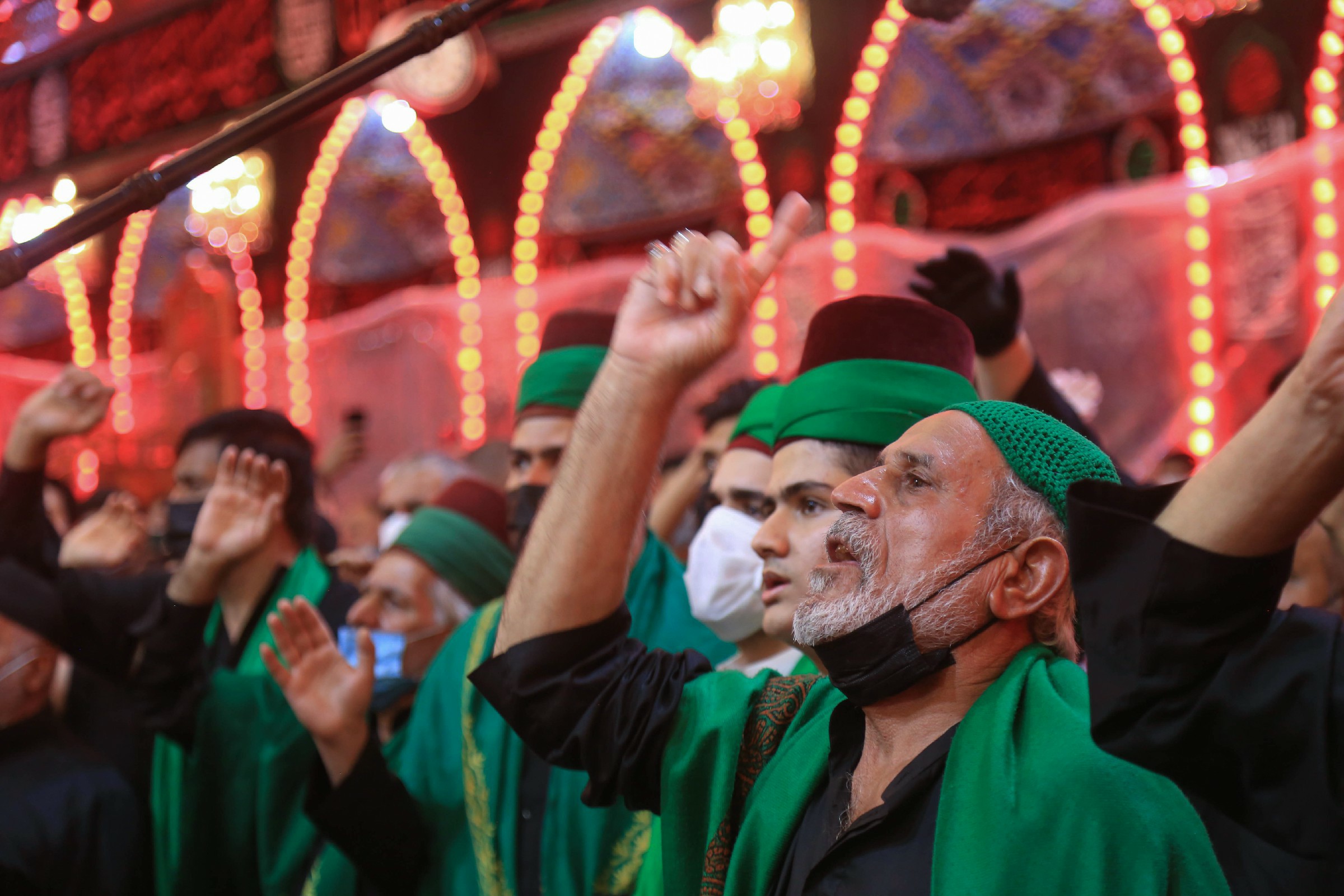The prayer does away with heedlessness and negligence. The greatest tragedy for those journeying the path of truth is that they tend to forget the purpose of their creation and get drowned in the whirlpool of this material world and its ephemeral pleasures. But the prayer- since it is offered at regular intervals and five times a day -repeatedly warns man and causes him to bring to mind the purpose of his creation and reminds him of his place and position in this world.
This, in itself, is a great bounty because man has in his possession a device, which alerts him strongly, several times in the course of a day. The prayer serves to shatter pride and egotism. In the course of a day, man offers seventeen rak’at and in each of them, he places his forehead on the ground twice before Allah, considering himself to be a tiny entity before His greatness - rather, a zero in the presence of Infinity. He tears apart the curtains of arrogance and egotism, and shatters his pride and superiority complex.
We can understand why ’Ali (a.s), in that popular tradition in which the philosophy behind the various acts of worship of Islam have been explained, immediately after referring to faith, speaks about prayers and explains:
فَرَضَ اللٌّهُ الإِيْمَانَ تَطْهِيراً مِنَ الشِّرْكِ والصَّلاَةَ تَنْزِيهاً عَنِ الْكِبْرِ
“Allah made faith obligatory in order to purify (the people) of polytheism, and the prayer, in order to clean (them) of pride.”
The prayer is a tool for the development of moral excellences and attaining spiritual perfection. It hauls man out of the limited confines of this material world, invites him towards the spiritual realms and places him in the company of the angels. Man, without sensing the need for any intermediary, observes himself in the presence of his Lord and engages in communicating with Him.
The repetition of this act several times in a day with special emphasis on the attributes of Allah - His Compassion, Mercy and Greatness - especially by way of reciting the various chapters of the Qur`an after Suratul Hamd, which itself is one of the best inviters towards good actions and pure deeds, has an appreciable effect in the development of moral excellences within man.
The Commander of the Faithful (a.s), mentioning the philosophy of the prayers, said:
الصَّلاَةُ قُرْبَانُ كُلِّ تَقِيٍّ
“The prayer is a means for the pious ones to attain nearness to Allah.”
Source:
180 Questions Enquiries About Islam
[Volume One: The Practical Laws, Pg. 26-28].
Ayatullah al-`Uzma al-Hajj ash-Shaykh Nasir Makarim Shirazi
The Islamic Education Board of the World Federation of Khoja Shia Ithna-Asheri Muslim Communities.

